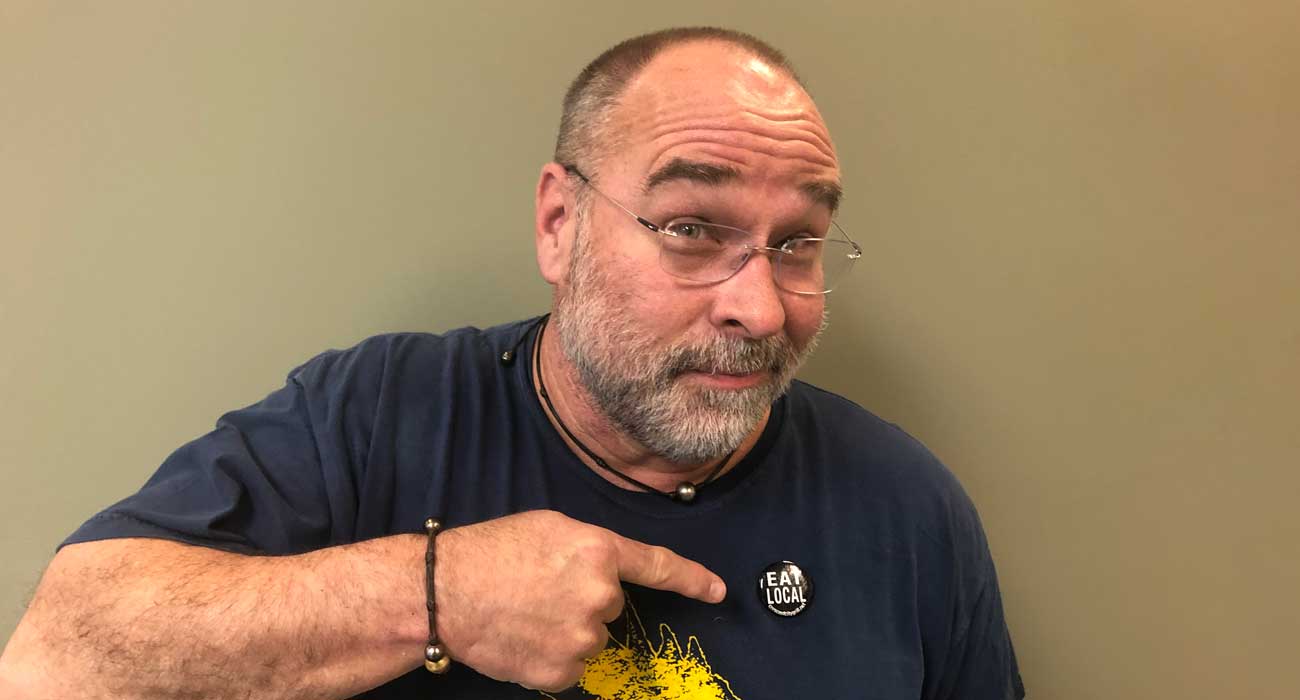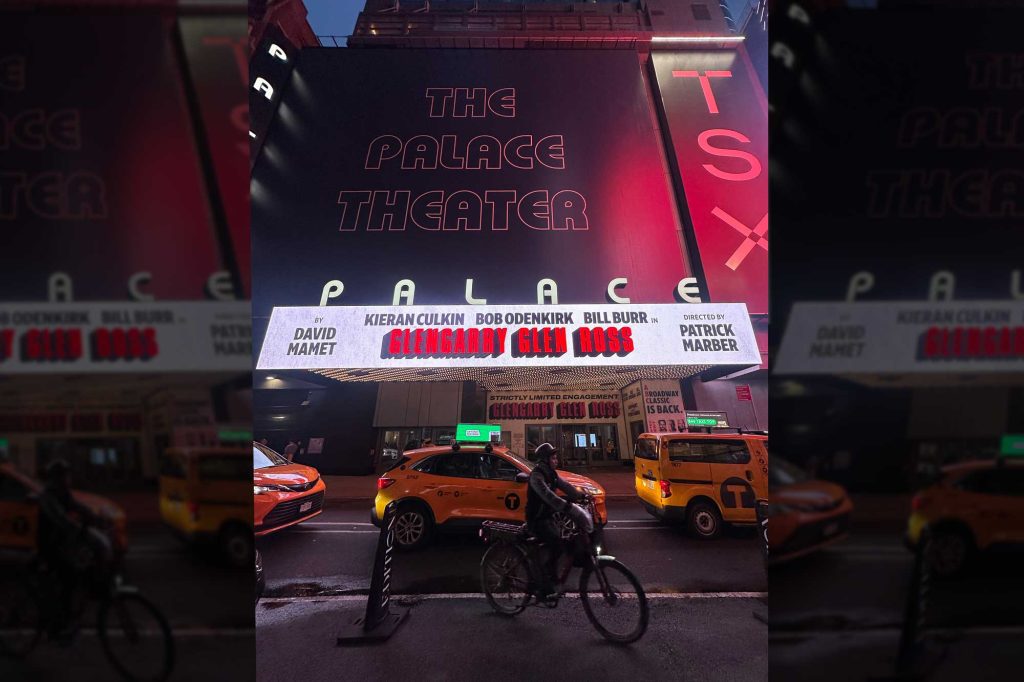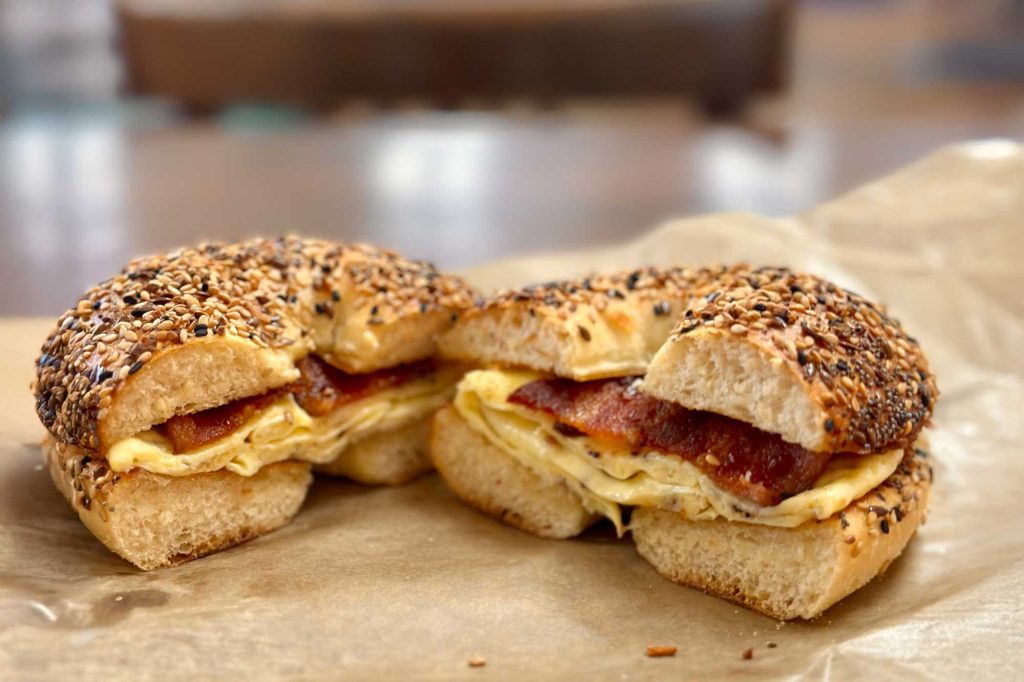Several years ago, country music legend, and noted Mississippian, Marty Stuart, and I were on the dais of a radio show. While we were each waiting our turn to go on the air, we struck up a conversation about one of my favorite subjects— and most certainly one of his— our home state, Mississippi.
Stuart, the Philadelphia, Miss. native, eventually started talking about my hometown, Hattiesburg. “Robert, when I was a kid and my family would drive to the coast, I always looked forward to driving through Hattiesburg because we got to stop at McDonald’s.” He stated that Hattiesburg had the distinction of being the location of the second McDonald’s fast food restaurant in the state of Mississippi. “It was a huge treat for me as a kid,” Stuart continued. “I can remember thinking, one day when I grow up, I would love to live in a town that has a McDonald’s. These days all I can think about is how one day I’d love to live in a town that doesn’t have a McDonald’s.”
That statement stuck with me. It wasn’t necessarily an indictment of McDonald’s hamburger restaurants, but more of a commentary on living a simpler life, in a simpler place, in simpler times.
Though it was that conversation that got me to thinking about the current state of the restaurant business. Over 50 years ago chain restaurants were few and far between. Cities and towns were filled with small, independent, locally owned, diners and cafes. Larger cities had a few grand restaurants, but almost all were locally owned.
I love small diners and cafes, but no one is really opening them in my hometown anymore. Everything is a themed concept with corporate headquarters in some faraway state. The community café is becoming extinct. As citizens, we used to meet and eat in local diners for breakfast, lunch, and supper. The owner lived in the neighborhood and knew his or her customers on a personal level. The money that was made stayed in town and was spent at other local retailers. It was a great system.
In the early days, the Mississippi restaurant business was dominated by Greek immigrants with Herculean work ethics. They got to work at 5 a.m. and left at midnight. The family all worked in the restaurant, and when the next generation was old enough to work, they started pulling shifts. Hattiesburg had several Greek-owned restaurants. Today, there is one left standing, The Coney Island Café and the fourth generation and direct descendent of the owner, B.J. Fokakis is there from open until close.
The Coney Island Café has been open for 97 years, with only four men at the helm— Arthur Fokakis opened it in 1923. His son Junior Fokakis took over in the 1950s. Junior’s son Billy Fokakis took over the business in the 1980s, and his son, B.J.— the current operator— took over last year. A great-grandfather, a grandfather, a father, and a son, all in one small restaurant on Main Street. That, my friends, is the American dream, personified.
Years ago, Jackson, Miss. had dozens of Greek-owned cafes. Today, The Mayflower Café is one of the last standing. The Kountouris family has been operating the Mayflower on Capital Street since 1935. Like the Coney Island in Hattiesburg, it has been run by direct descendants of the original owner.
In the 1970s, things began to change in the restaurant world. Chain restaurants started opening in multiple towns and cities. In the 1980s that trend began to grow and many of the small independent chains began closing their doors. In the 1990s, Wall Street joined in on the action and chain restaurants started going public. Huge IPOs attracted more players, and within a matter of years, the restaurant industry went from locally owned, family-run businesses, to corporate mega monsters whose main mission was to increase their balance sheet each quarter.
Don’t get me wrong, I am a devout capitalist and am for a 100% free-market system. My beef is not with the system. To the contrary, I celebrate a governmental structure that allows a person to invest their money, inspiration, creativity, and sweat into their lifelong dream of owning their own business. I am a product of that wonderful system. I just prefer locally owned and independent restaurants over corporate chains.
It is that entrepreneurial system in which this country grew into what we are today. Small businesspeople are the backbone of American society, and no business has a freehold on that notion like the restaurant business. I just miss the days when the man or woman who owned the restaurant, lived down the street from their business.
Chain restaurants are cookie-cutter facsimiles of themselves. The chain restaurant at the interstate off ramp in my hometown is the exact same replica of that chain restaurant at the interstate off-ramp of the next town, and the next, and the next. They use the same building design, the same artwork on the walls, and the same menu. Those restaurants tell you nothing about the town you are in or its people. At the end of the day, the money gets wired to a corporate office in Dallas or Boston where more guys in suits are in search of the next interstate off ramp.
When I travel, I ask the front desk clerk of whatever hotel I am in, “Where is the local breakfast joint? I want the one where the old men are sitting around talking politics and sports and lying about the women they used to know.” It is in that place that I will learn about a town and its people. It is in that place that a man or woman with a dream took a chance against overwhelming odds to spend their savings, time, and sweat equity for the dream of owning their own business.
I wear a homemade “Eat Local” button on my shirt, jacket, or vest every day. It is one of my primary causes, and a worthy mission. Though when I am in New Orleans, I remove the button because it becomes redundant. That city is filled with locally owned restaurants. Most New Orleanians wouldn’t think of ever eating at a chain restaurant. Sure, there are a few in town, but they are far outnumbered by independents. It is no wonder that New Orleans is one of the premier restaurant cities in the entire country. A city doesn’t get that distinction by opening a cookie-cutter chain restaurant on every corner.
Eat local. Drink local. Live local. You’ll make your town a better place to live, and you’ll be supporting the American dream in its purest form.
Onward.




